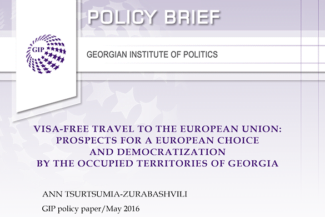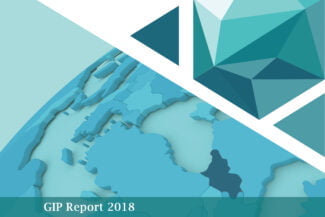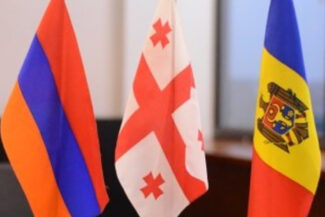19-09-2017
“In the 21st century we have seen a tendency toward blurring the lines between the states of war and peace.
Wars are no longer declared and, having begun, proceed according to an unfamiliar template.”
– General Valery Gerasimov, Chief of the General Staff of the Russian Federation
The guns ceased firing in August 2008. However, the war never truly ended. Nine years later, Russian troops still occupy Abkhazia and South Ossetia. in violation of the Six-Point Ceasefire Agreement. In 2013, Russia began seizing additional Georgian territory in a process called “borderization.”
Borderization specifically refers to the installation of border markers, fencing, and barbed wire along the Administrative Boundary Lines (ABLs) that separate Abkhazia and South Ossetia from the rest of Georgia.
In a series of incidents beginning in the Spring of 2013, Russian soldiers and ethnic Ossetian militia have installed barbed wire fencing around South Ossetia, moving the ABL deeper into Georgian territory and seizing pieces of territory hitherto administered by Tbilisi.
The July 4 incident was one of the most flagrant. According to local reports, Russian soldiers installed new border markers and in the process moved the ABL roughly 700 meters deeper into Georgian territory.
Borderization has grave human costs. When barbed wire fences are put up, freedom of movement is restricted. Villages and even individual plots of land are separated. Individuals lose access to their homes and farmland. In many cases, residents of the occupied territories are prevented from accessing healthcare and other essential public services.
Just as bad, local residents are regularly kidnapped by guards encroaching onto Tbilisi-controlled territory. In a highly-visible form of extortion, detainees are kept in harsh conditions—often on Russian military bases in the occupied territories—until a friend or family member can pay the required fine of roughly 2,000 rubles.









